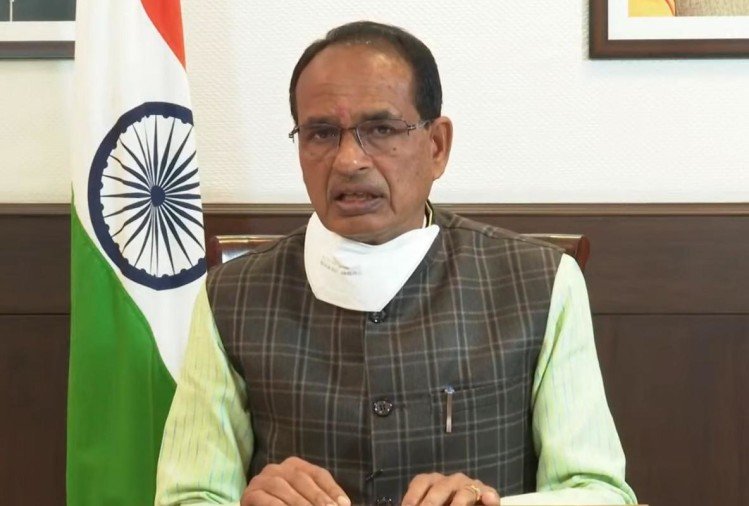On Thursday, the Madhya Pradesh government implemented the National Education Policy (NEP 2020) and became the second state in the country to launch the NEP 2020 after Karnataka. Madhya Pradesh Chief Minister Shivraj Singh Chouhan, Governor Mangubhai C Patel, and Higher Education Minister Dr Mohan Yadav were present at the launch.
Higher Education Minister Dr Mohan Yadav stated that the government plans to implement NEP-2020 in all the regions of the state, which includes 16 government universities and 40 private universities, within four years. Yadav further said that the government has taken creative steps to increase placements for students in the state.
“Earlier, a student had to study subjects prescribed according to a course. But now they can choose their subjects according to their interests,” he said, adding that “The new policy also focuses on National Service Scheme (NSS), National Cadet Corps (NCC) and skill-based subjects”. Yadav said that the new education policy will break all the shackles and help students to explore outside their boundaries.
“We have deployed a placement officer for each district in the state. Last year, 86,000 students got jobs through college placements. We intend to increase it to two lakhs this year,” Yadav further stated.
Read more: ‘Learn in mother-tongue,’ The new National Education Policy will bring a revolution Indian education
The National Education Policy was launched by the Central government on July 29, 2020. It proposed many fundamental changes in the education system of India, which will modernize the education ecosystem and prepare the students for a life in the 21st century. A policy report of the central government lays a roadmap of the education system of the country for the following decades; the previous policy was implemented in 1986 under Rajiv Gandhi and later revised in 1992 under PV Narasimha Rao. Overall, the NEP is quite ‘revolutionary’ and it aims to shift the focus from ‘rote learning’ to ‘critical thinking’ and encourage a ‘problem-solving approach’ among students. If implemented, the policy will make the lives of children less burdened and they will be prepared to face the next stage of life.
Prime Minister Narendra Modi launched SAFAL (Structured Assessment For Analysing Learning) on its first anniversary, it is a competency-based assessment for grades 3, 5, and 8 introduced by the Central Board of Secondary Education (CBSE).
This is the first attempt made by any government in India to end the psychological slavery imposed on us with British education. The Indian education system, which developed under the British Raj and later continued by Congress, was aimed at creating non-questioning and hard-working executives who could assist the British officials to run the government in the country. In the ancient education system, there was no compartmentalization and every student was allowed to explore his/her capabilities and choose the profession accordingly. More states should follow Madhya Pradesh’s footsteps in implementing the same. By going back to its roots in education, India might again become Vishwa-guru that it used to be.
